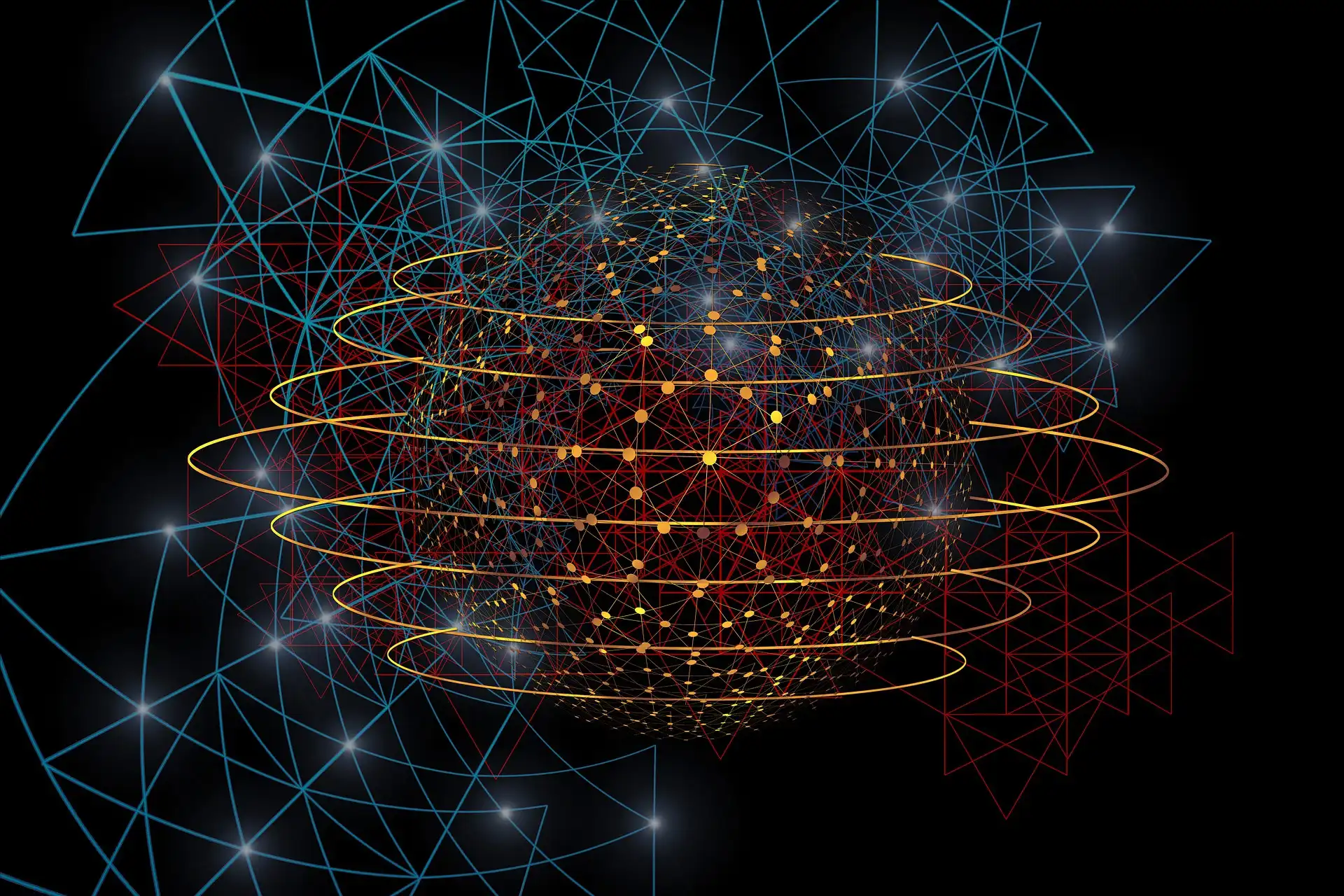AI in Entertainment: A Critical Examination
Artificial intelligence (AI) has permeated every aspect of human life, including the entertainment industry. It's potential, though seemingly limitless, has raised critical debates about its impact on actors and their craft. Deepfakes are a prominent example of AI's application that has generated severe legal and ethical problems.
Deepfake technology has the ability to generate extremely realistic artificial intelligence-rendered images. This has drawn the attention of many in the entertainment industry, presenting both opportunities and challenges. The technology allows the visualization of events and scenarios beyond the realms of possibilities and it pushes the boundaries of creativity.
However, deepfakes have raised critical legal and ethical issues around consent, identity and the right to control one’s image. These issues have resulted in concerns amongst actors and acting unions, leading to debates about what constitutes intellectual property and who has the right to it.

In the realm of film, it’s traditional for producers and studios to have specific agreements with actors regarding use of their image, voice, and likeness. These agreements cover a range of stipulations from promotional materials to merchandising. However, the advent of AI has dramatically complicated these contracts.
AI and Intellectual Property: A Gray Area
Due to AI, there is a blurring line between the actors' physical performance and the digitally created one. This has profoundly questioned whether the resultant image is a product of the actor’s performance or the technology company’s creation.
This query has bred controversies. The family of James Dean, a renowned Hollywood icon who passed on over 60 years ago, signed off on a deal to allow for the actor’s likeness to be digitally recreated in an upcoming film. The decision drew criticism, including from high-profile celebrities who noted the absence of the actor’s consent.
There have also been high-profile cases in the entertainment sector where an actor’s likeness was used without explicit approval or reward, leading to legal battles. The case of Carrie Fisher, who was digitally recreated for a Star Wars film after her death, sits squarely within this debate.
These cases illustrate AI’s potential to infringe upon an actor’s rights and the complexities it has introduced to the world of entertainment and intellectual property law.
AI and Union Strikes: The Actors Fight Back
The Screen Actors Guild‐American Federation of Television and Radio Artists (SAG-AFTRA) has voiced its concerns over deepfake technology. The union, representing film and television performers, is worried about the implications of AI on its members and has taken steps to protect them.
In response to the controversies surrounding AI, SAG-AFTRA called for a strike in 2020. The union sought to renegotiate contracts, particularly focusing on issues of intellectual property rights as they relate to AI technology's impact on performances.
Notable actor Brian Cox, known for his role in the series “Succession,” also weighed in on the issue. He expressed support for the strike and echoed the union’s concerns regarding actors’ rights and AI. Cox opined that it was paramount for unions to safeguard the rights of performers.
The move by SAG-AFTRA is a significant step signaling the entertainment industry’s attempt to grapple with the ethical, legal, and rights implications of AI. It underscores the ongoing negotiation between technology, law, and ethics in shaping film and acting practices.
Looking Ahead: The Path Forward With AI
The rise of AI in entertainment and the controversies around it paint an intriguing picture of the industry’s future. Unions like SAG-AFTRA have a crucial role in steering the conversation in favor of ethical use of technology and safeguarding actors’ rights.
The intersection of AI, actors, and human rights points to bigger questions about who controls the usage of AI technology, the extent of its use, and how it intersects with individuals' rights. These are questions that extend beyond only the entertainment industry and affect society at large.
Where does consent sit in an AI-driven world? How are technology companies, acting unions, and legal systems working together to navigate these complexities? These are pressing questions that need answering as AI technology becomes more ingrained in our lives.
In conclusion, the varied applications of AI in the entertainment field are a testament to its pervasive nature. However, the ethics and human rights implications of its use underscore the necessity of establishing clear guidelines and regulations. Only through sincere and open discussions will a balance be found that respects both innovation and human rights.